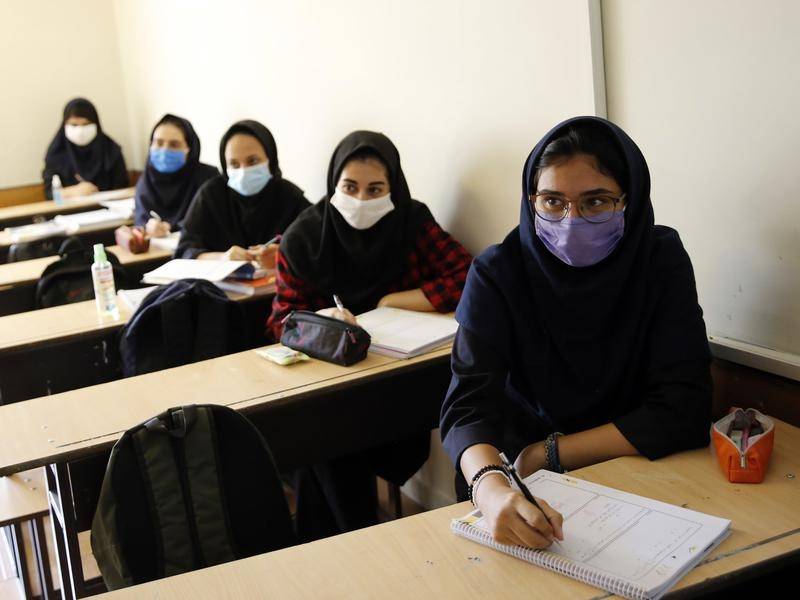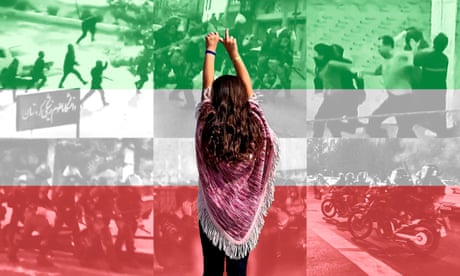Iranian officials to investigate ‘revenge’ poisoning of schoolgirls - Agency Report
The attacks on female students – called an act of ‘biological terrorism’ – are thought to be retaliation for protests against hijabs in the country

Iranian authorities have confirmed they are investigating reports that several schoolgirls have been poisoned as “revenge” for the role young women played in recent protests against the mandatory hijab.
Iran’s deputy education minister, Younes Panahi, told reporters yesterday: “After the poisoning of several students in [the city of] Qom … it was found that some people wanted all schools, especially girls’ schools, to be closed.”
He added: “It has been revealed that the chemical compounds used to poison students are not war chemicals … the poisoned students do not need aggressive treatment and a large percentage of the chemical agents used are treatable.”
Dr Homayoun Sameyah Najafabadi, a member of the parliament’s health commission, also confirmed the poisoning of schoolgirls “in cities such as Qom and Borujerd has been done intentionally”.
Speaking to the Guardian on condition of anonymity, a doctor who specialises in the treatment of poisoning victims said: “With the data that’s available, the most probable cause of this poisoning could be a weak organophosphate agent. Even if some of the poisoned pupils show a sign of severe sweating, excess salivation, vomiting, intestinal hypermotility and diarrhoea, then the attack was done using this agent.”
The doctor said they believed the motive was to “scare the protesters by using extremist groups [radical Islamists] inside and outside the country”.


















